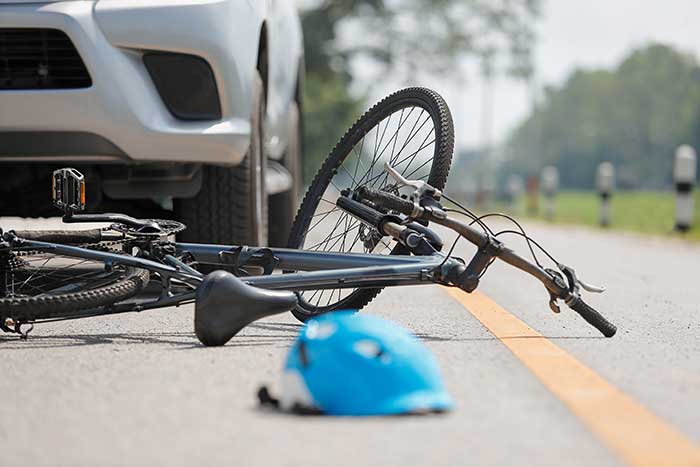
Cowen Edwards Trial Lawyers is an advocate for safe rides for Fort Lauderdale cyclists of all ages.
We fiercely fight for the rights of bicycle accident victims across Broward County. Our Fort Lauderdale bicycle accident lawyers offer free consultations to all injured victims. Contact our offices to find out what your case may be worth and how to hold a reckless driver fully responsible for what you’ve been through.
If a driver forces you into a collision that results in a serious injury, like a broken ankle, or even a spine injury, a lawyer is an important protection for your case. Insurance companies like to convince the victims of collisions that their injury claims are worth very little or nothing at all.
Your Fort Lauderdale Bicycle Accident Lawyer fully investigates your case and makes sure car insurance companies can’t wiggle out of liability. Your lawyer makes sure insurance companies know what recovery costs they are responsible for and demands a fast and fair response so you aren’t left facing mounting doctor bills. If your bicycle accident results in more than just a few scrapes and bruises, you should speak to a lawyer about your options and learn about the potential value of your case.
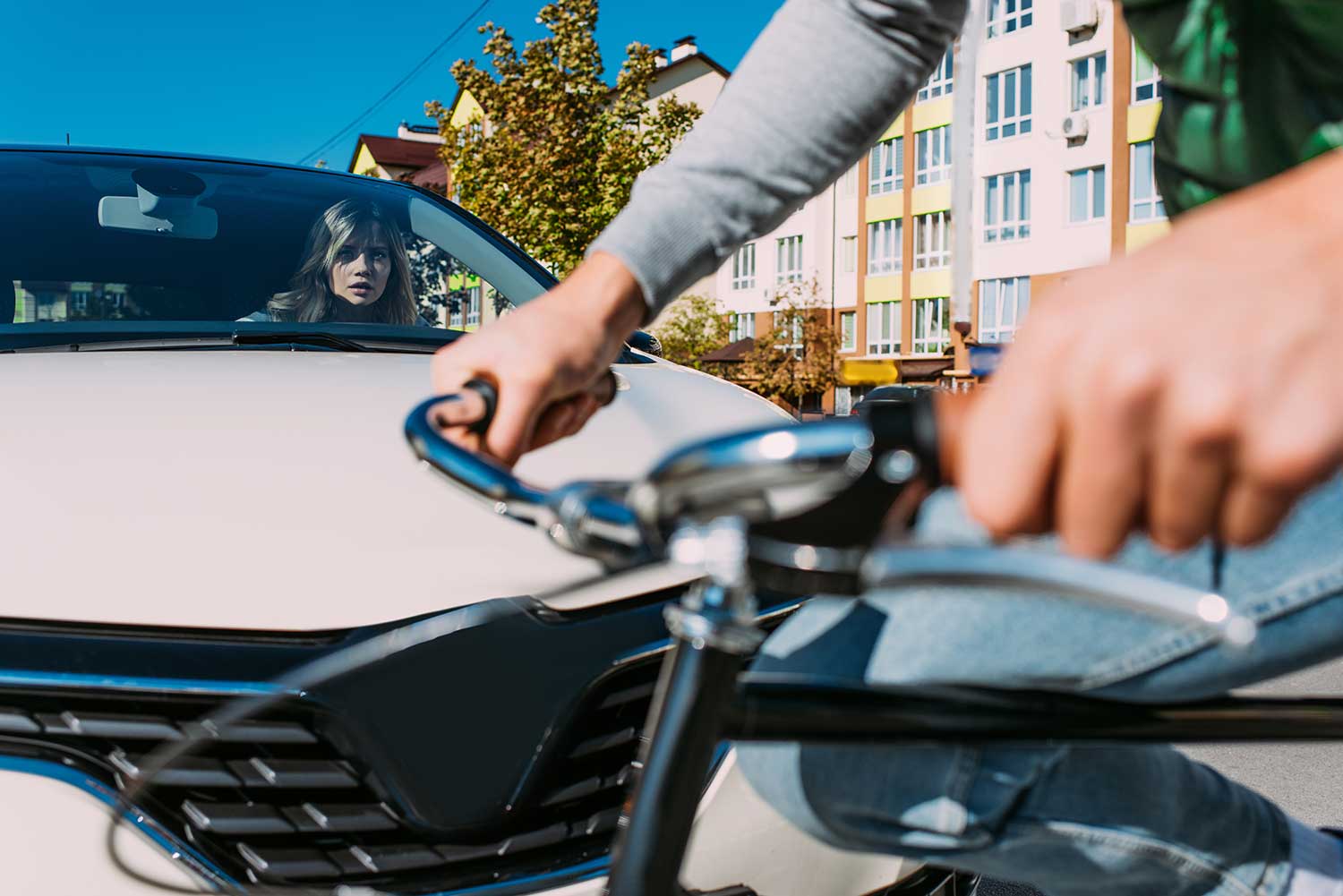
Cyclists can find some nice bike paths and even some bike lanes through Fort Lauderdale. They may hop on the beach boardwalk promenade for a ride in the ocean air. Families may take out their children for a neighborhood ride.
Yet, riders will encounter motor vehicle traffic in many sections of the city.
Even bike lanes are no guarantee of safety from the rush of cars and SUVs. Drivers are supposed to slow down and share the lanes with cyclists whenever they see riders. But motorists can be looking at a cell phone or traveling way too fast to put defenseless cyclists at risk of a dangerous accident.
The Florida Highway Safety And Motor Vehicles Department (FLHSMV) totals the devastating bicycle accidents in Fort Lauderdale and Broward County each year. The county recorded 475 bicycle accidents in 2022. Those accidents led to at least 7 deaths and around 450 serious injuries.
Our attorneys at Cowen Edwards Trial Lawyers take action to make sure surviving victims of bicycle accidents have the money to pay for the best care available so they can one day return to the rides they love. We also compassionately represent families who lose loved ones due to a careless driver’s mistake.
We seek full support for grieving relatives, so they don’t face financial turmoil in the years ahead.
Bicycle accident victims can suffer devastating injuries like shattered leg bones, facial lacerations, and Traumatic Brain Injuries.
Everyone heals differently and the severity of wounds will always vary, so victims must be looking out for their futures. They should consider what they may need in the months or years ahead to heal from an injury or what they’ll need to live with a long-term disability.
Your lawyer will be demanding that these and other factors be considered when deciding on the size of a bicycle accident settlement check:
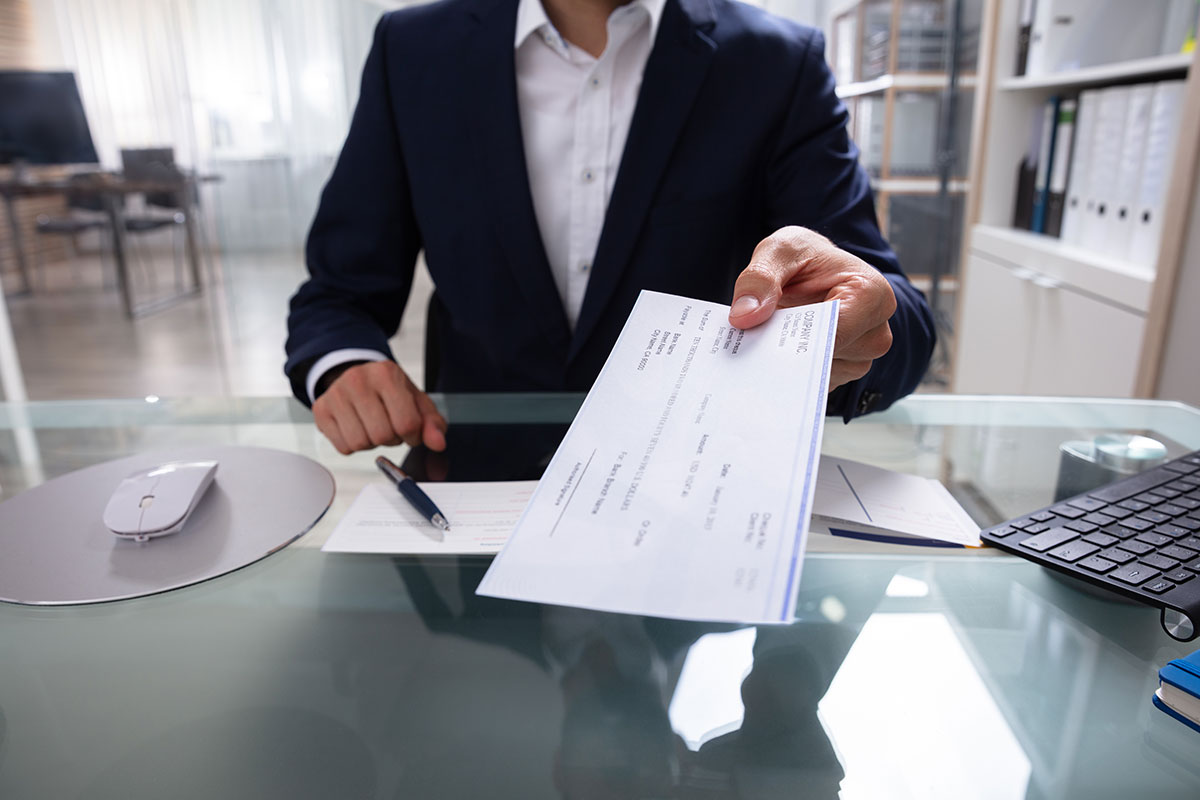
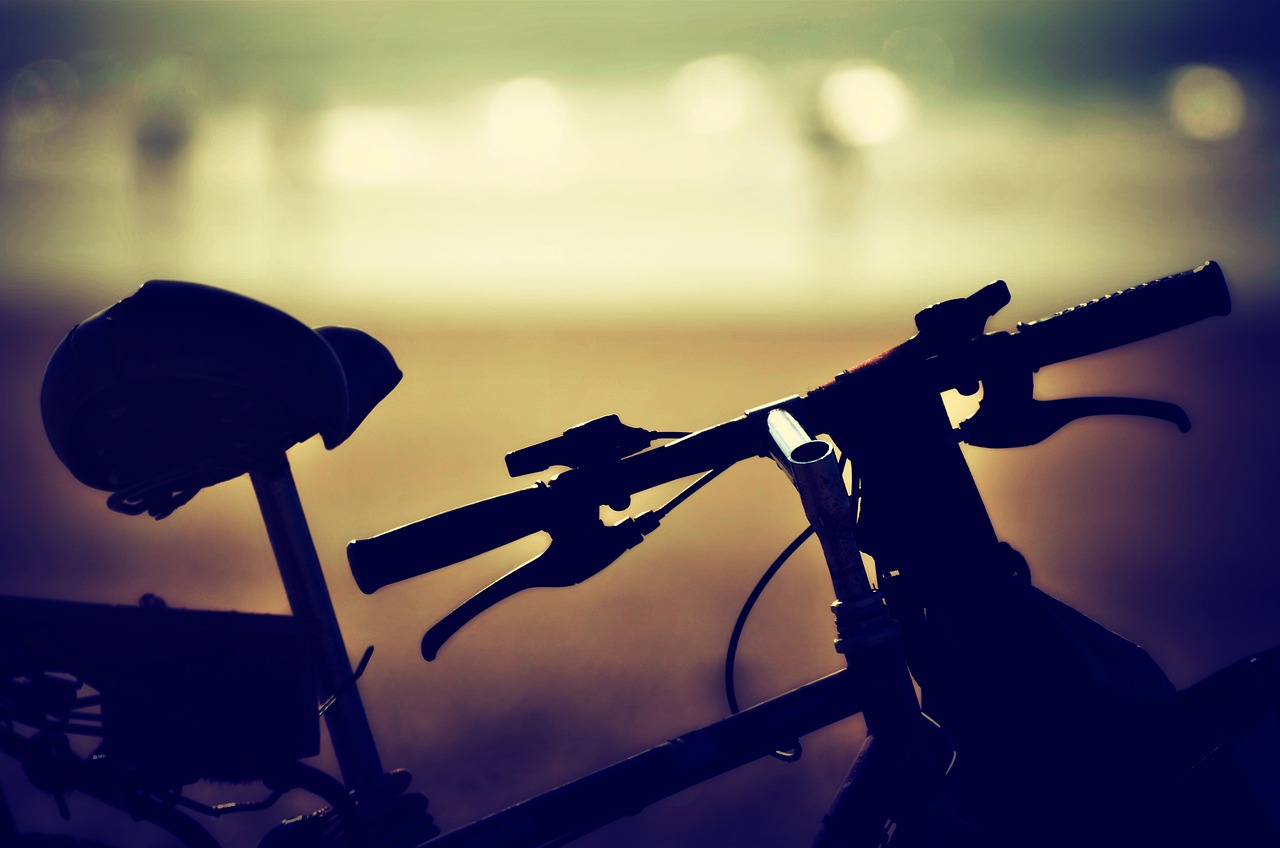
You never want to be in a bike accident–let alone if you’re doing what you’re supposed to do. But in Fort Lauderdale, bike accidents happen every day. At that point, it’s about getting the right information you’re going to need for your claim:
No one wants to be in a bike accident—but if it happens, taking these steps can protect you and make things easier down the road. If you decide to take legal action, our team of bicycle accident lawyers is here to guide you through it, every step of the way.
Children are a special concern after a bicycle accident happens. Young riders will usually be lower to the ground on smaller bikes. Drivers who aren’t watching the road properly can miss spotting a child on a bike altogether. Child victims are more often closer to the wheels of a vehicle and suffer frightening collisions that may end in a child being run over.
A Fort Lauderdale bicycle accident lawyer can help children and their parents hold at-fault drivers fully accountable. The support earned should completely cover the child’s medical bills and rehabilitation costs for as long as necessary.
With child patients, it’s also critical to secure compensation for any medical expenses that may arise in the future. Children are still growing and when they get hit by a car, injuries can affect how they mature. Their development may get stunted by an injury that just won’t heal right. Children should receive everything they need to get care in their teen years if their maturation is affected by a bicycle accident wound.
Unfortunately, hit-and-run drivers remain problems everywhere in Florida and in Fort Lauderdale. This is an especially heartless act when a collision involves a cyclist. A hit-and-run driver can leave a victim in a roadway, in the path of unsuspecting drivers.
When a driver speeds away and doesn’t report a bicycle impact, a victim may lay on the ground waiting longer for medical care until someone else comes along to call 911. The at-fault driver also leaves the victim’s family to have to handle the enormous medical bills that may come due.
But bicycle accident victims can seek compensation even when a hit-and-run driver isn’t found and arrested. If victims have their own car insurance policy, they can file an injury claim on their uninsured motorist coverage. If victims don’t have car insurance, it’s important to check if they are covered by a family member’s policy.
This can earn victims help with their recovery costs, but it’s important to note that even their own insurance representatives will work to limit the support they receive. A skilled Fort Lauderdale hit-and-run lawyer can make sure insurance adjusters aren’t able to shortchange cycling accident victims on the support they need.
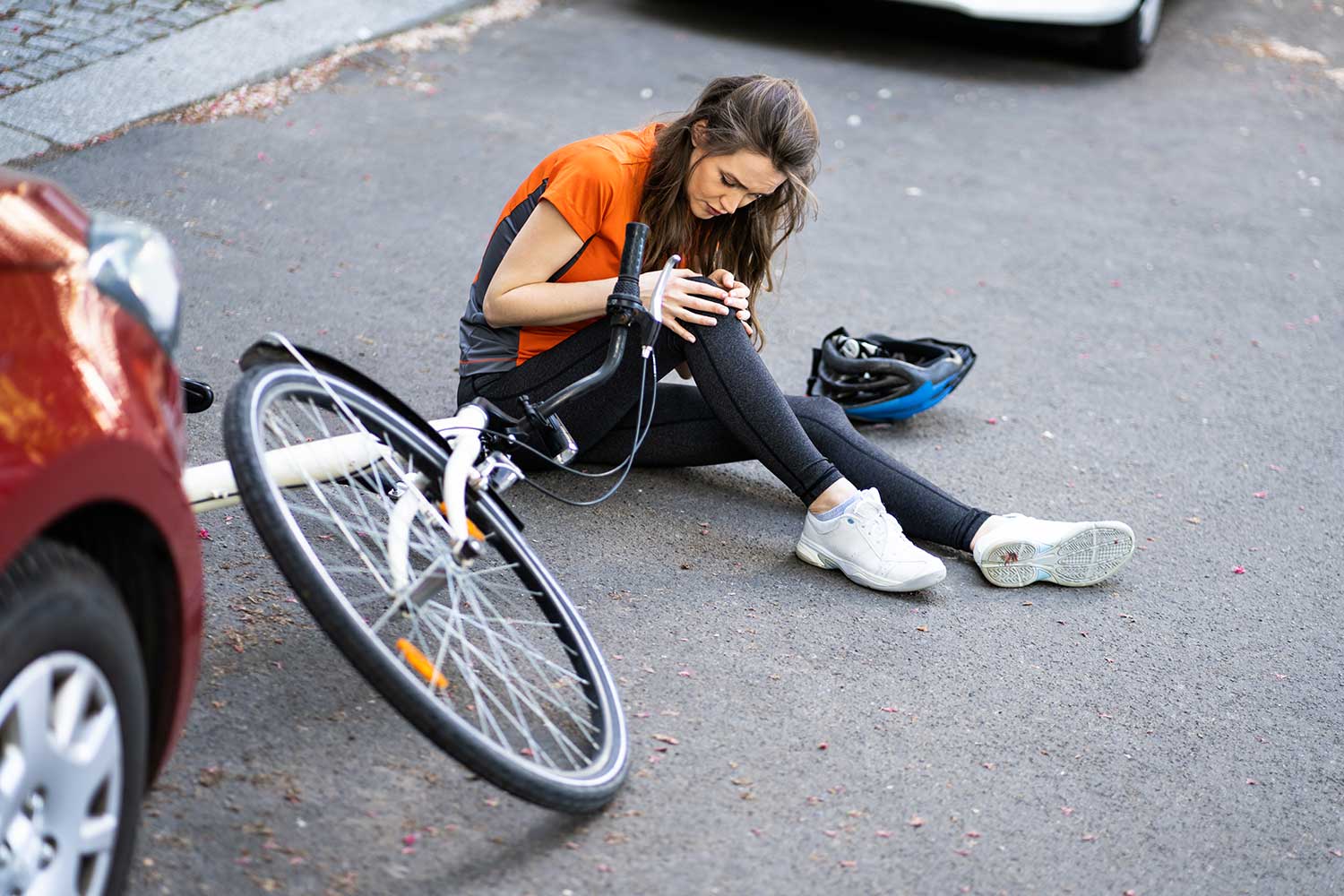
Fort Lauderdale has built a variety of bike lanes and paths to support safer riding across the city. Each type offers different levels of protection and visibility, which can directly impact who’s at fault in a bicycle accident. Here’s a breakdown of what you’ll see on the road—and what it could mean if you’ve been hit:
These are painted bike lanes on narrow roads with no centerline. Cars share the middle, and cyclists ride in lanes on either side. There’s no barrier—just painted guides. Pictured below is one on NW 31st Avenue.
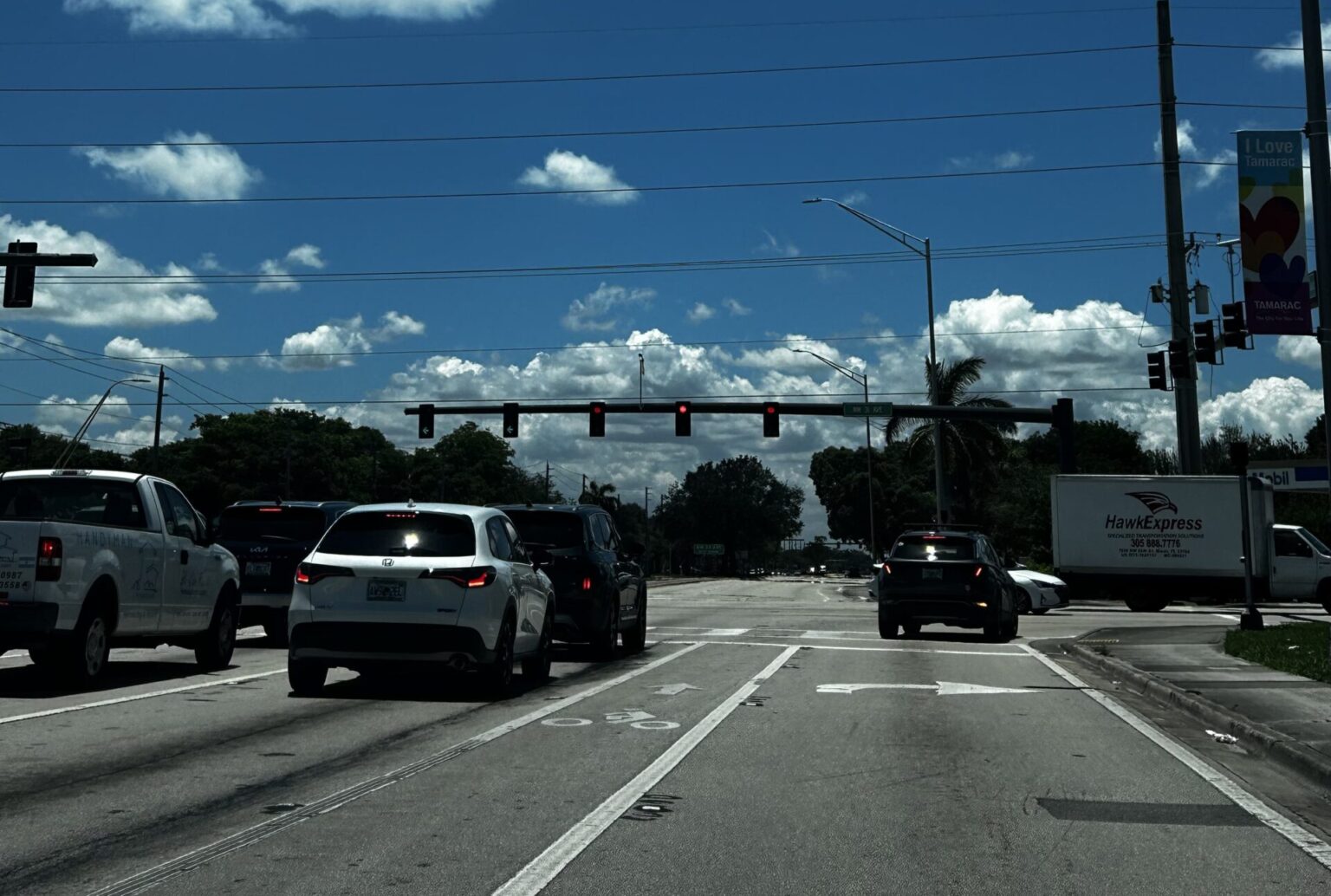
These are quiet neighborhood streets made safer for bikes using things like speed bumps, signs, or diverters to slow down traffic.
These are the typical white-striped bike lanes you see along busy streets. Riders have a designated lane, but there’s no buffer or barrier from traffic. Here’s one at NE 9th Avenue and Route 51.
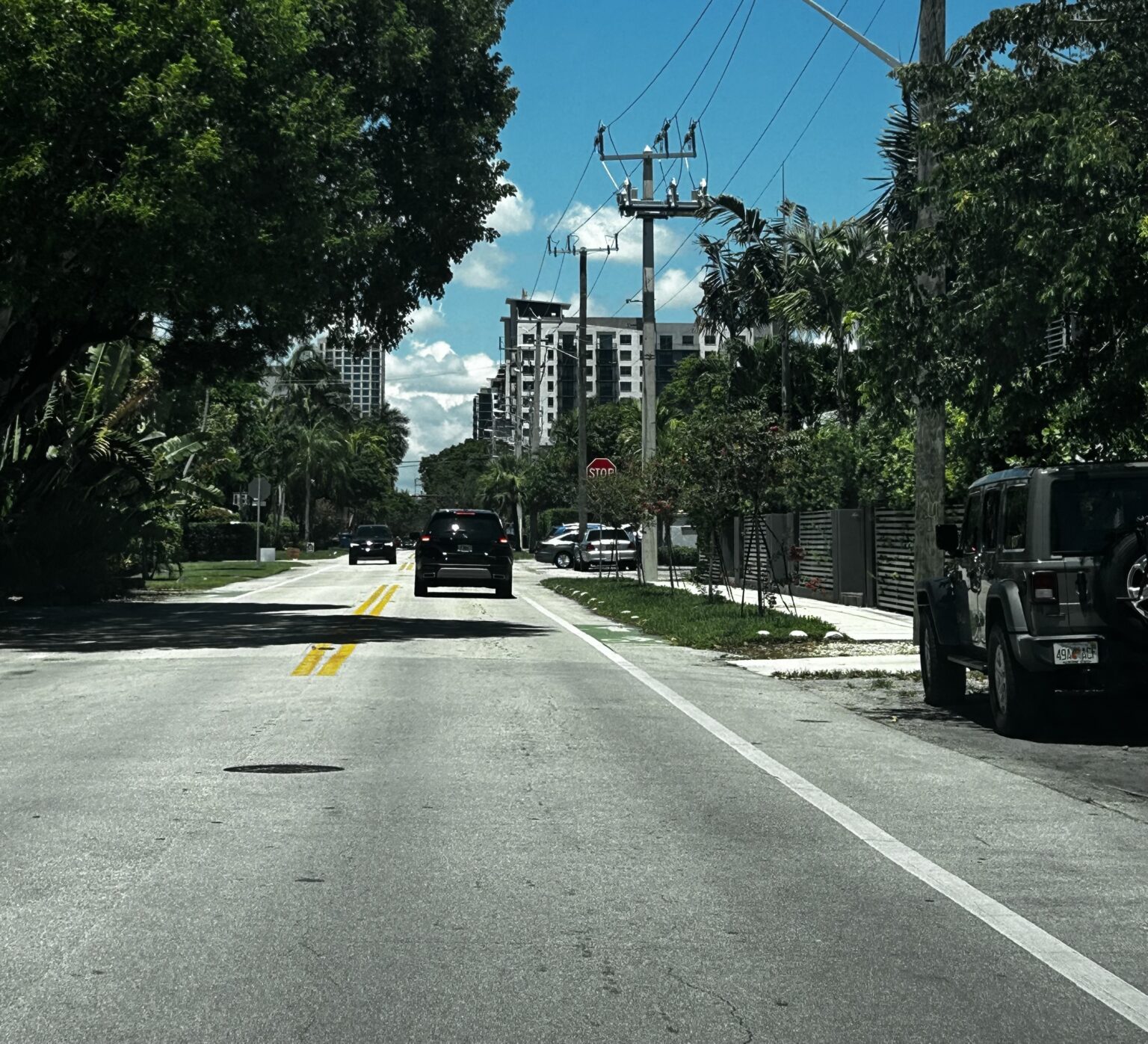
These look like standard bike lanes but include a painted buffer—usually a few feet wide—that gives riders more breathing room from passing cars. Here’s an example of one on West Commercial Boulevard.
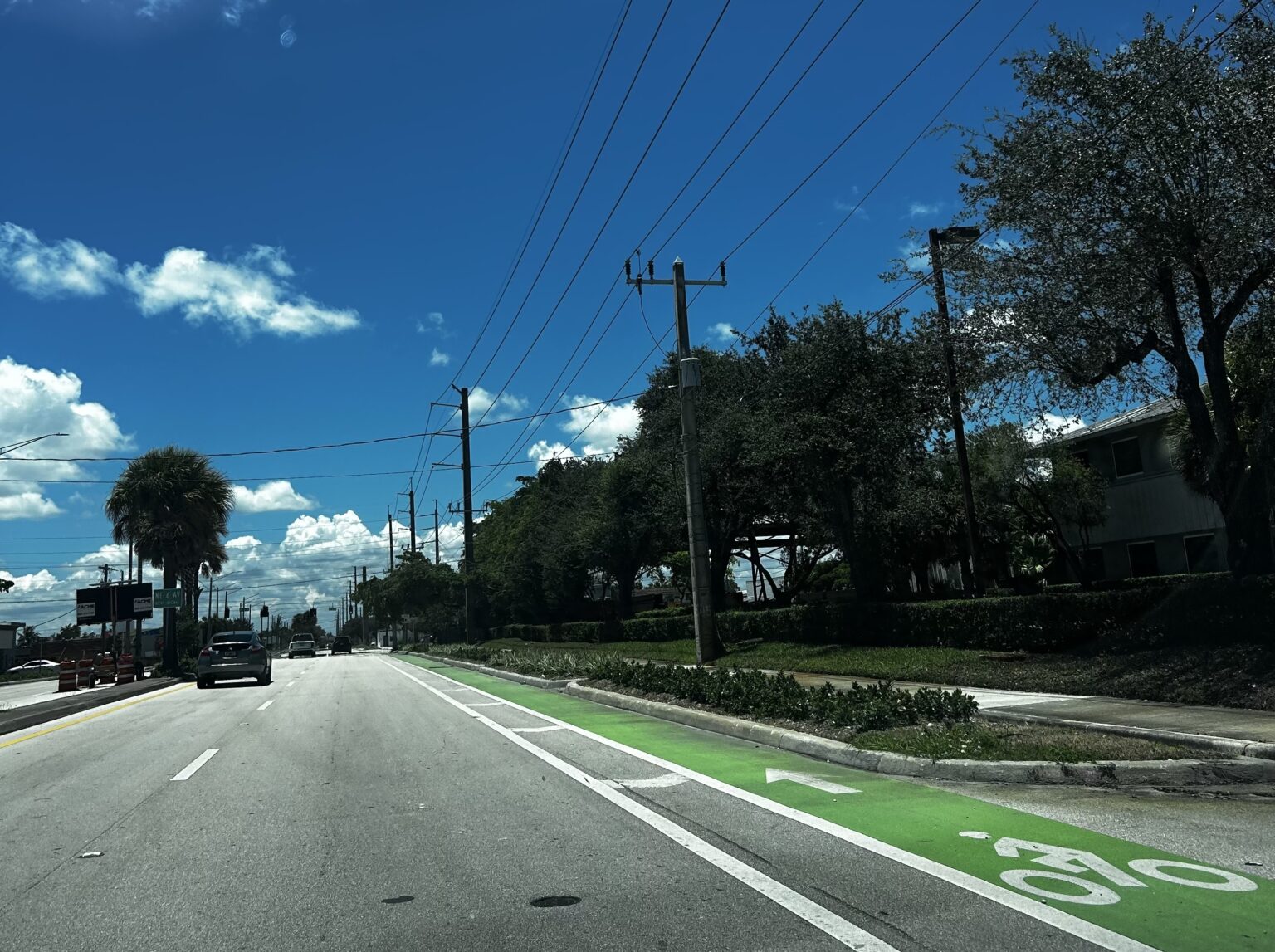
These lanes use curbs, bollards, planters, or even parked cars to create a physical barrier between bikes and vehicles. Fort Lauderdale is building more of these, especially downtown. Pictured here is one such lane on Las Olas Boulevard.
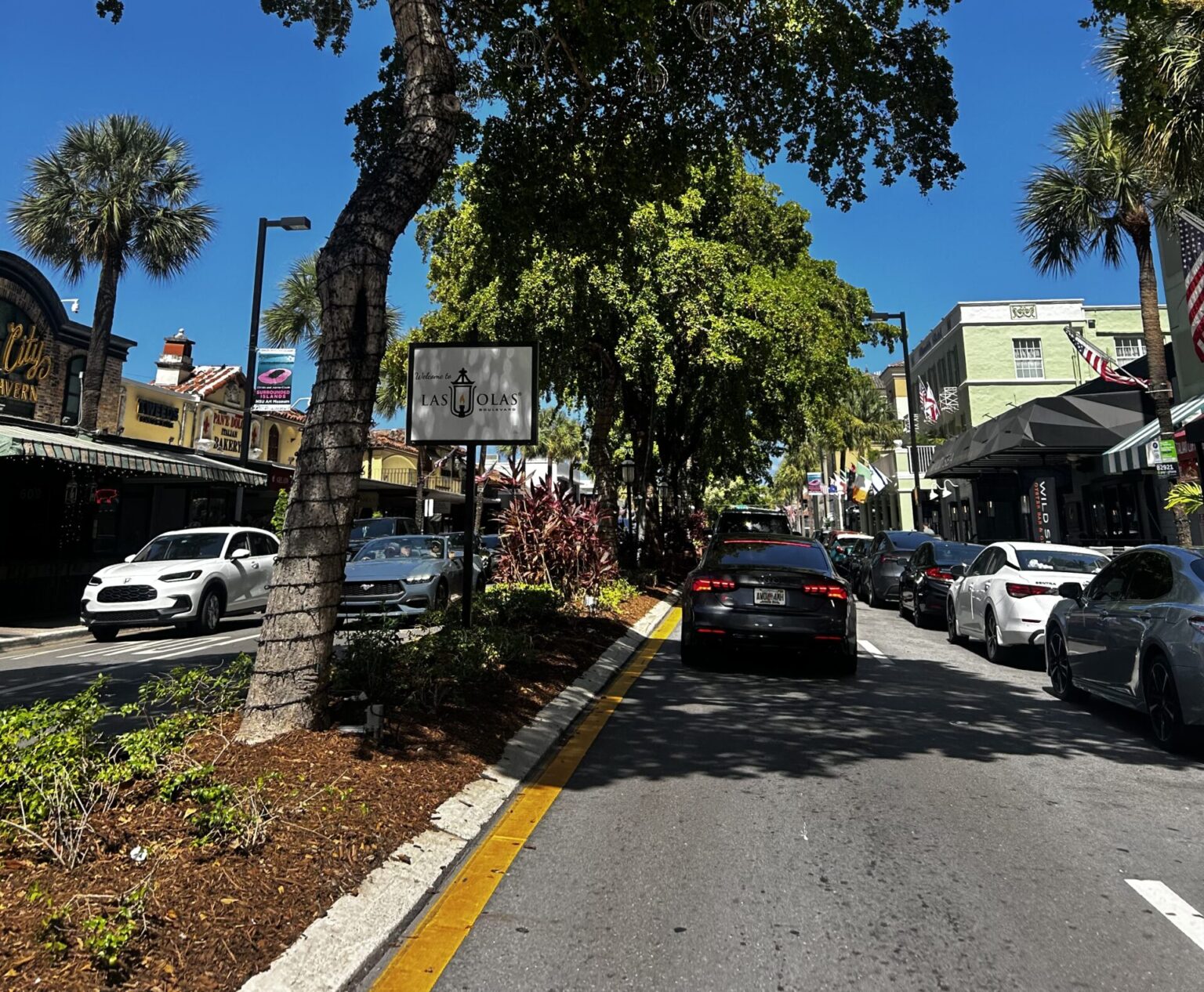
These are special lanes on one-way streets that let cyclists ride in the opposite direction of car traffic. They’re clearly marked with arrows and signs.
Sharrows are bike symbols painted directly on streets to remind drivers that cyclists can legally ride there—even in the center of the lane. An example of these symbols can be found in places like NW 11th Avenue, pictured below.
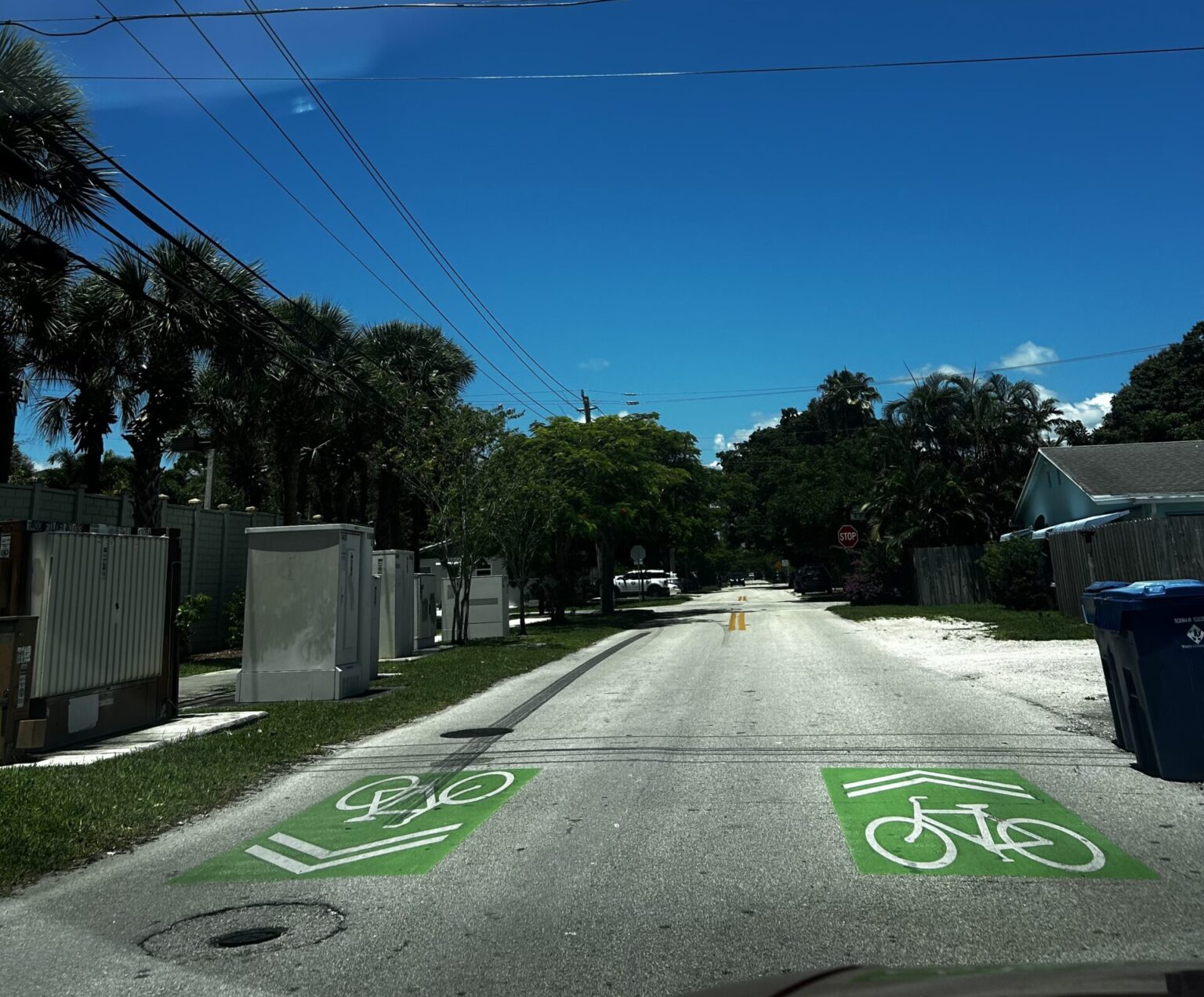
These are paths beside roads for both bikes and pedestrians. They’re often separated by grass or curbs but cross driveways and intersections.
These are scenic, paved trails away from traffic, shared by cyclists, joggers, and walkers.
You’ll find all kinds of bike lanes across Fort Lauderdale—from painted stripes on busy roads to protected paths near the beach. Some are fully built out; others are part of ongoing improvements. But the city isn’t just adding bike lanes—there’s also the legal framework that’s in place.
If you’re biking through downtown Fort Lauderdale, cruising along A1A, or cutting through Victoria Park, it’s important to know what the city laws are. Like all Florida cities, Fort Lauderdale follows statewide bicycle laws laid out in the Florida Statutes. But it also has its own set of local ordinances to address bike safety and traffic flow in a way that fits the city’s layout and needs.
Under Fort Lauderdale’s Municipal Code, bicycles are treated as vehicles. That means riders have many of the same rights—and responsibilities—as drivers. You’re expected to obey traffic lights, yield to pedestrians, and signal when turning. On top of those general rules, the city has added a few bike-specific ordinances that you and every other rider needs to know:
While there’s city ordinances in place, state law still takes precedence. Under the Florida Statutes, here’s how state law applies to bicycle riding in Fort Lauderale:
Being aware of these laws and how (and when) they apply to you in the city is very important, but again, it can’t outright prevent a bike accident. With that said, the city government (and others) don’t just rely on the law to keep you and other riders safe.
When it comes to making bike riding safer in Fort Lauderdale, it’s not just about understanding the laws in place and using the available bike lanes and routes–it’s about using the city government and its resources. Programs like Vision Zero Fort Lauderdale have gone a long way into making bike riding (and walking safer). In both strategy and execution, it’s designed to:
Government programs and initiatives like Vision Zero Fort Lauderdale are a great first step in making biking safer throughout the city. But no matter how careful you are, you can find yourself involved in an accident. And when you’re in one, it’s important to know what you’ll need.
Yes. At-fault drivers aren’t let off the hook if they strike and injure a cyclist who wasn’t wearing a helmet. Victims may seek full injury support. Florida law only requires children under 16 years old to wear bicycle helmets.
The Florida statute of limitations on filing a bicycle accident injury claim is four years from the date of the accident. You shouldn’t wait years to file. Evidence can be harder to find the longer you delay.
You can secure powerful representation even if you aren’t left with any extra money at such a vulnerable time. Cowen Edwards Law doesn’t get paid unless we win your case for you. Then our attorney fee comes out of the settlement money insurance companies pay you.
A bicycle accident in a Fort Lauderdale neighborhood can leave riders in pain and feeling powerless. You may need major financial assistance to keep up with medical bills and also to keep up with your normal monthly bills while you are out of work. An at-fault driver’s car insurer may also try to pin the blame on you for what happened. Trust a skilled Fort Lauderdale bicycle accident lawyer to protect your case and hold auto insurance companies fully responsible.
Allow Cowen Edwards Trial Lawyers to handle the stress and frustration of battling the car insurance companies while you use that time to focus on healing and returning to your bike. Contact us to schedule a free consultation and tell us what happened. Let us know about your biggest hardships since the accident and then let us go to work holding a careless driver accountable.
